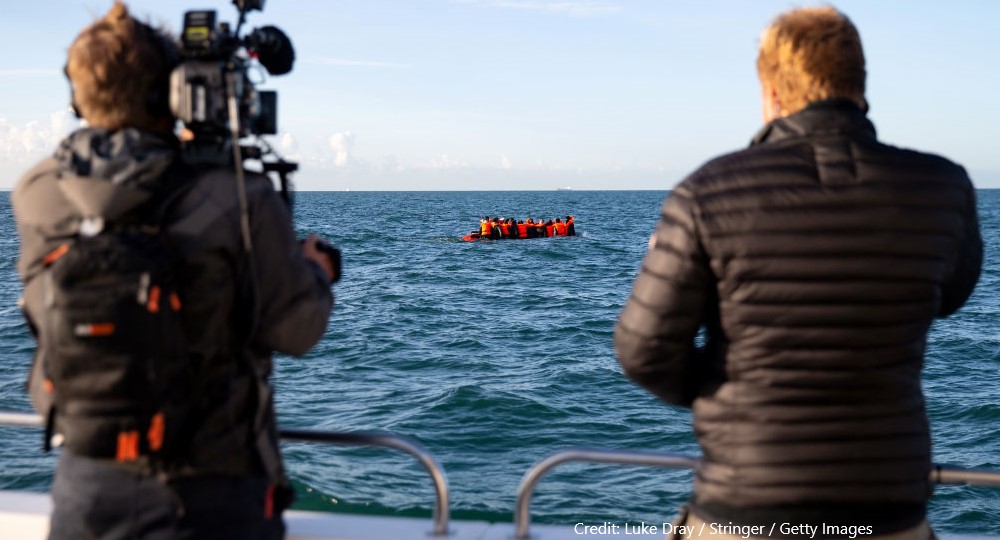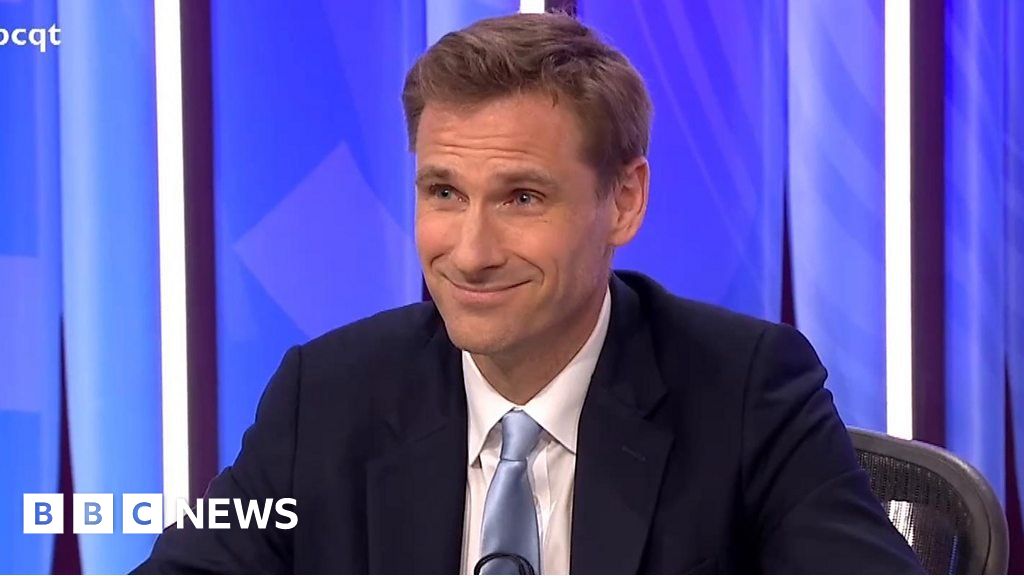Where did Cameron mention that there would be "no small boats". That's your interpretation of his thoughts.
Already explained (post #8,132). My response was to this:
Ouch - David Cameron suggested there would be no need for Rwanda if we were still in the EU. Headache for Sunak
I took that at face value as I didn't know what Lord Cameron actually said. Investigating further, I found this in the Telegraph:
Migrant returns agreement to help stop people making perilous journey across Channel is ‘simply not possible’

www.telegraph.co.uk
It seems what was reported is this:
Britain can no longer return Channel migrants to France because of Brexit, Lord Cameron has indicated. The Foreign Secretary said a migrant returns agreement with France to help break up smuggling gangs and stop people making the perilous journey across the Channel was “simply not possible”. He said “the situation we’re in” meant a deal that was in place when he was Prime Minister to send migrants back to France when they landed in Britain could not be replicated. Asked whether this was because of Brexit, he said: “Because of the situation we’re in, because of the attitude of others and all the rest of it.”
I presume that the "
deal that was in place when he was Prime Minister to send migrants back to France when they landed in Britain" was the famed "Dublin Agreement" and he suggests if that deal could be replicated the Rwanda scheme would not be necessary. Perhaps he should take a look back at those apparently halcyon days. The Telegraph goes on to explain:
The pre-Brexit Dublin Agreement allowed the UK to return migrants to “safe” EU countries where they should have claimed asylum if they had passed through them. This was scrapped under Brexit and has not been replaced.
Their explanation is somewhat simplistic and considerably wide of the mark. Here is another quote from Lord Cameron on the same topic:
Cameron was asked: “Hand on heart, if this had come up when you were PM, would you have gone for this policy?” Noticeably, he did not immediately say yes.
“Well, we had a totally different situation because we had a situation where you could return people directly to France. Now, I'd love that situation to be the case again, that's the most sensible thing,” he told Asthana an interview for ITV News and ITV's Peston. “People land on a beach in Kent, you take them straight back to France, you therefore break the model of the people smugglers.”
I don't know who - if anybody - told Lord Cameron that this was the simplistic truth of the Dublin Agreement. In reality, it was nothing like that straightforward and he almost certainly knows it. Leaving aside that the numbers were miniscule, in the last few years of the UK's participation in the scheme it was not particularly beneficial to this country. In 2016, far from "taking them straight back to France", the success rate of requests for transfers from the UK to other EU countries stood at just 8%. In 2018 the inflow to the UK under the Agreement was almost six times the outflow (1,215 against 209). These figures also give lie to Lord Cameron's claim that people could be "sent straight back to France". Of the 209 repatriated in 2018 only a quarter of them (51) were sent to France, with the remainder going elsewhere.
The Dublin Agreement did not, as Lord Cameron suggests, provide the UK with the ability to "return people directly to France" so as to break up the smuggling gangs. It was simply a bureaucratic exercise which resulted in a few - comparatively very few - people being sent elsewhere and, in the latest years of the UK's participation in it, led to more people being sent to the UK than were sent from it. Either Lord Cameron knows that (as well as knowing that anything similar that the UK was likely to agree with the EU would be similarly deficient) or he does not. If he knows it he is being, at best, economical with the truth and at worst simply lying. If he does not know that he has no business holding the post of Foreign Secretary and even less business preaching to the electorate on matters of which he has no basic knowledge.



